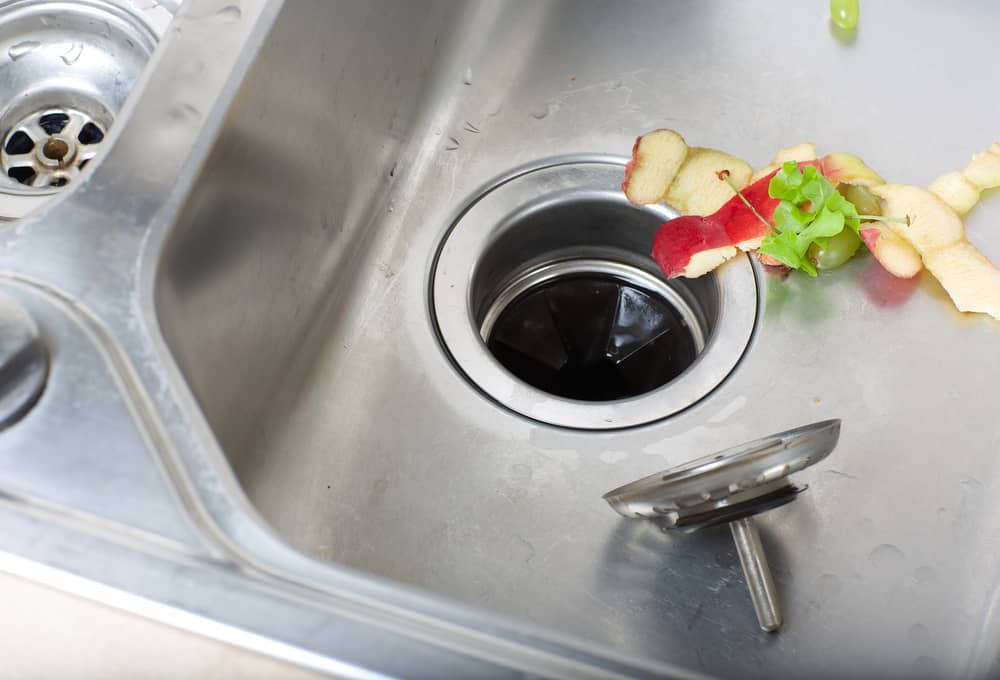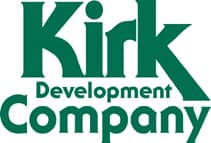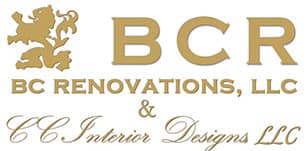Clogged drains are the most common plumbing problem.

Treat your drains once a month to prevent clogs, whether they seem to need it or not. But stay away from harsh chemical drain cleaners.
Rosie recommends a natural, non-poisonous product called Bio-Clean, which uses a blend of bacteria and enzymes to attack organic wastes like grease, hair, food particles and sewage. You can use it on drains, grease traps, sump pumps and garbage disposals. Regular use will prevent buildup throughout your plumbing and septic system. Dilute the product with warm water according to package directions.
You can also use baking soda. First, dump a half-cup of baking soda into the drain. Pour a quarter-cup of vinegar into that. Cover the drain and let it sit for 15 minutes; the mixture will foam. Then flush the drain with cold water.
The kitchen sink drain typically causes the most problems because it’s the busiest one in the house.
If you don’t have a garbage disposal, be fastidious about keeping out food scraps and grease, which can emulsify once you turn on the cold water, and build up in layers in your pipes until they’re blocked.
If you have a garbage disposal, run plenty of cold water everytime you turn it on, and let the water run for about 30 seconds after you turn it off. If the disposal chops up waste without water, particles will not flush through and you can wind up with a clogged drain.
Following these tips will help you to avoid potentially costly visits to your home by a plumber.
###















